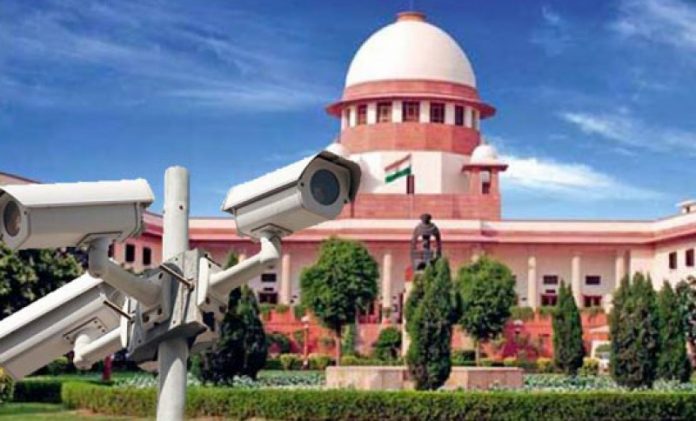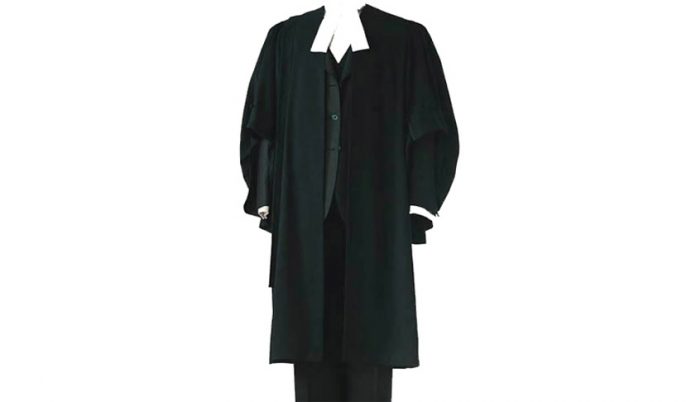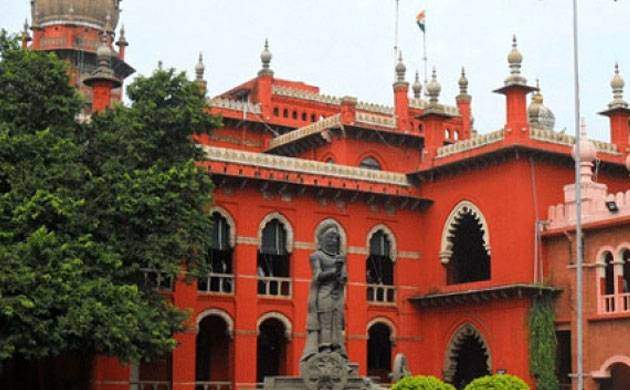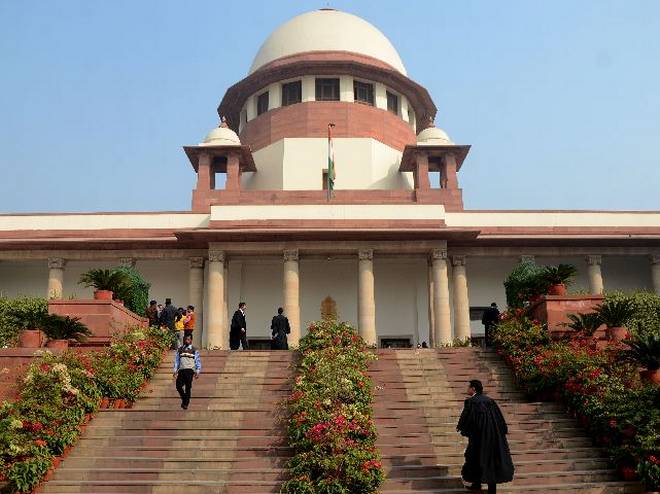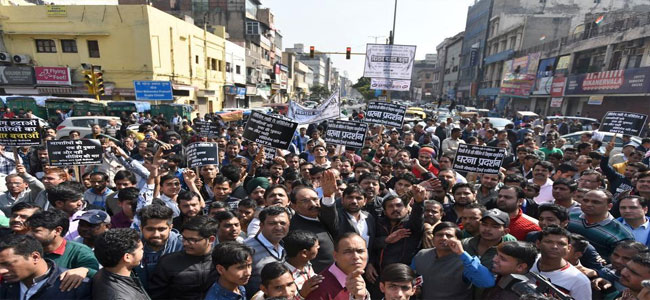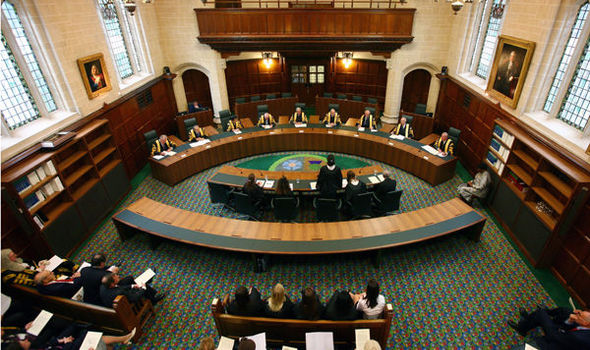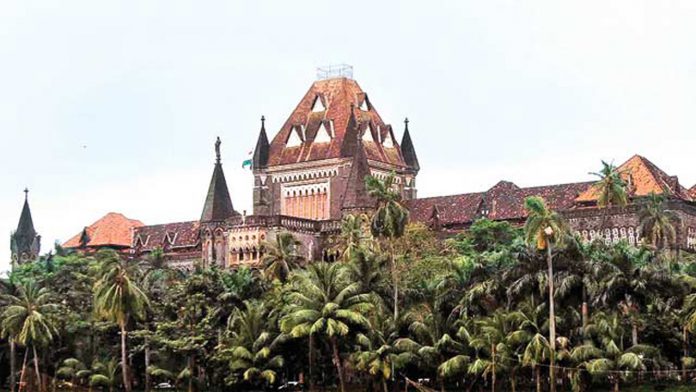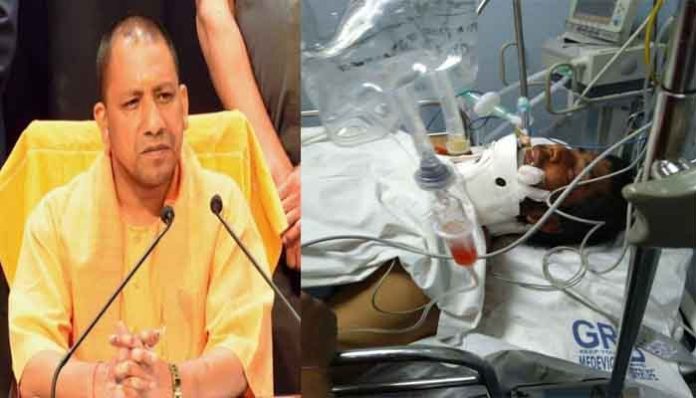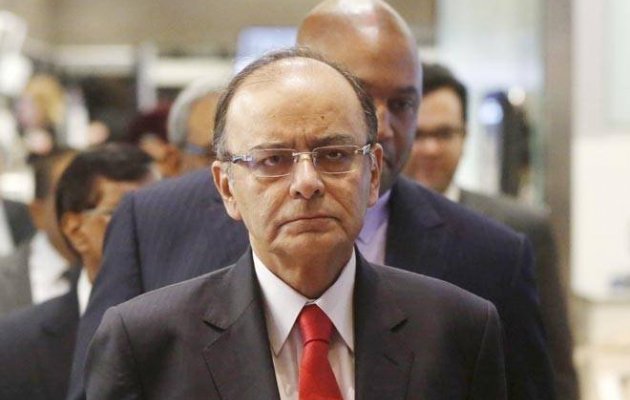The Delhi High Court expressed concern at posts being circulated over social media platforms “without any sense of responsibility” or checks regarding authenticity of its source.
The issue was discussed in context of a matter wherein posts in Facebook and WhatsApp showed many students to have passed the Institute of Chartered Accountants of India exam when the results on the institute’s website showed them to have failed.
Petition To Check Grades Alloted
A petition was filed by 23 students challenging the results and sought for all the necessary records to be shown from the institute which included the tabulations made in the codified and de-codified form, that are used to declare the results of the November 2017 examination.
The HC dismissed the petition noting that it was devoid of merits.
Justice Rekha Palli however expressed “anguish” at the circulation of social media posts without any “sense of responsibility” and lamented that the hopes of some students had been shattered by it.
The judge said despite it the “legal position” of the petitioners was insupportable , as the official results declared by the institute had found them to be unsuccessful.
The court also pointed out that the students’ petition only questioned if more grade marks had been granted initially and then reduced. The actual marking in itself had not been challenged, the judge noted. The court set aside this argument stating that it “cannot be a ground to interfere “ with the final results published.
Not Sure of Authenticity
According to the affected students, on January 17 they had learnt via messages on a social media platform that the institute had circulated “notifications” regarding exam results to its centres, branches and members, and as per these messages they had passed . But on logging into the institute’s website, they realised that they had failed .
Although the petition included the copy of the screenshots obtained from the social media, the students admitted that they unsure regarding the authenticity of the messages received via Facebook.
The institute’s counsel sought for the petition to be dismissed calling it “wholly misconceived” as there had been no changes in the results published on its website at any time.
He also questioned the so-called “notification” stating that it was not an official notification and that the petitioners themselves were unsure regarding its authenticity.



